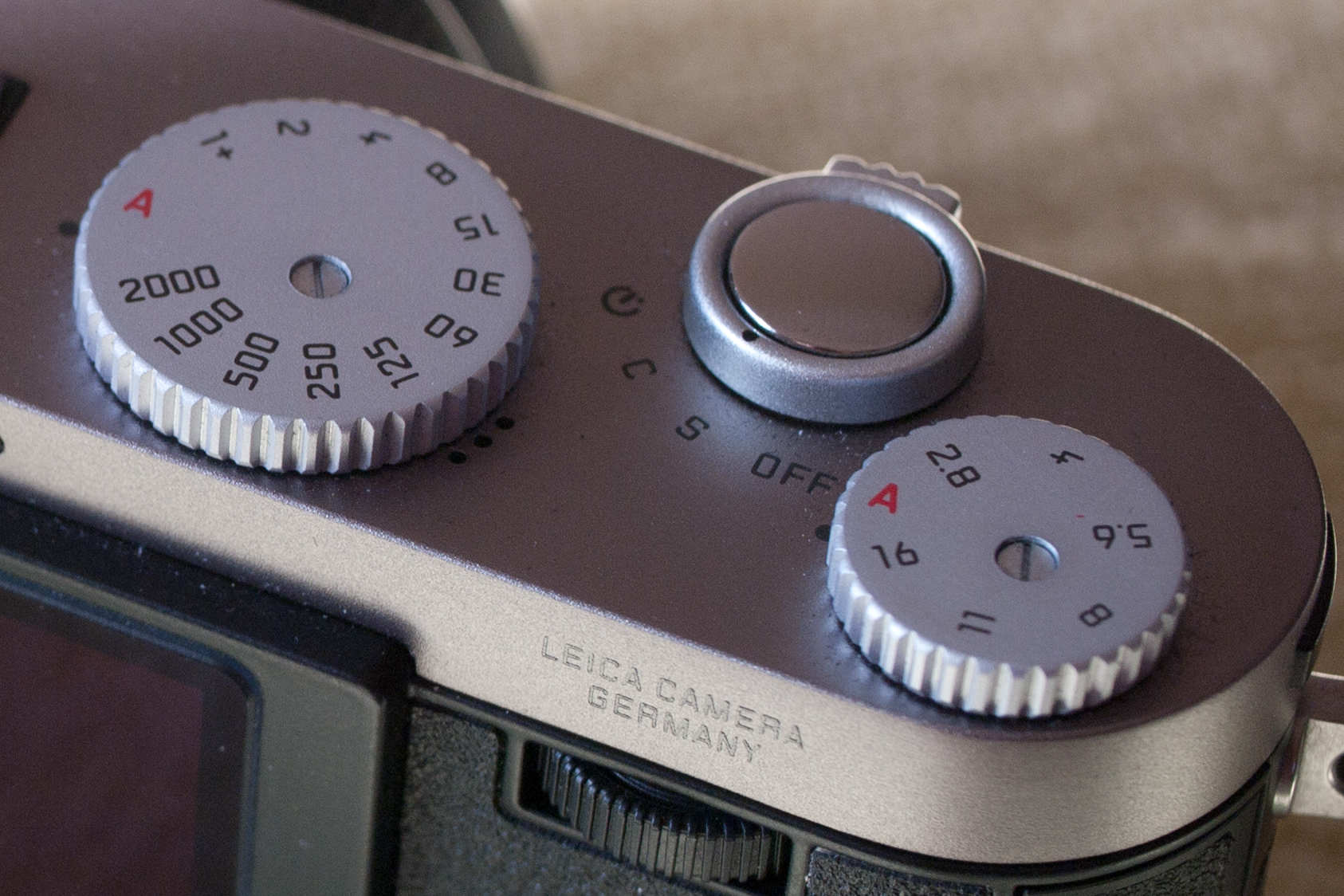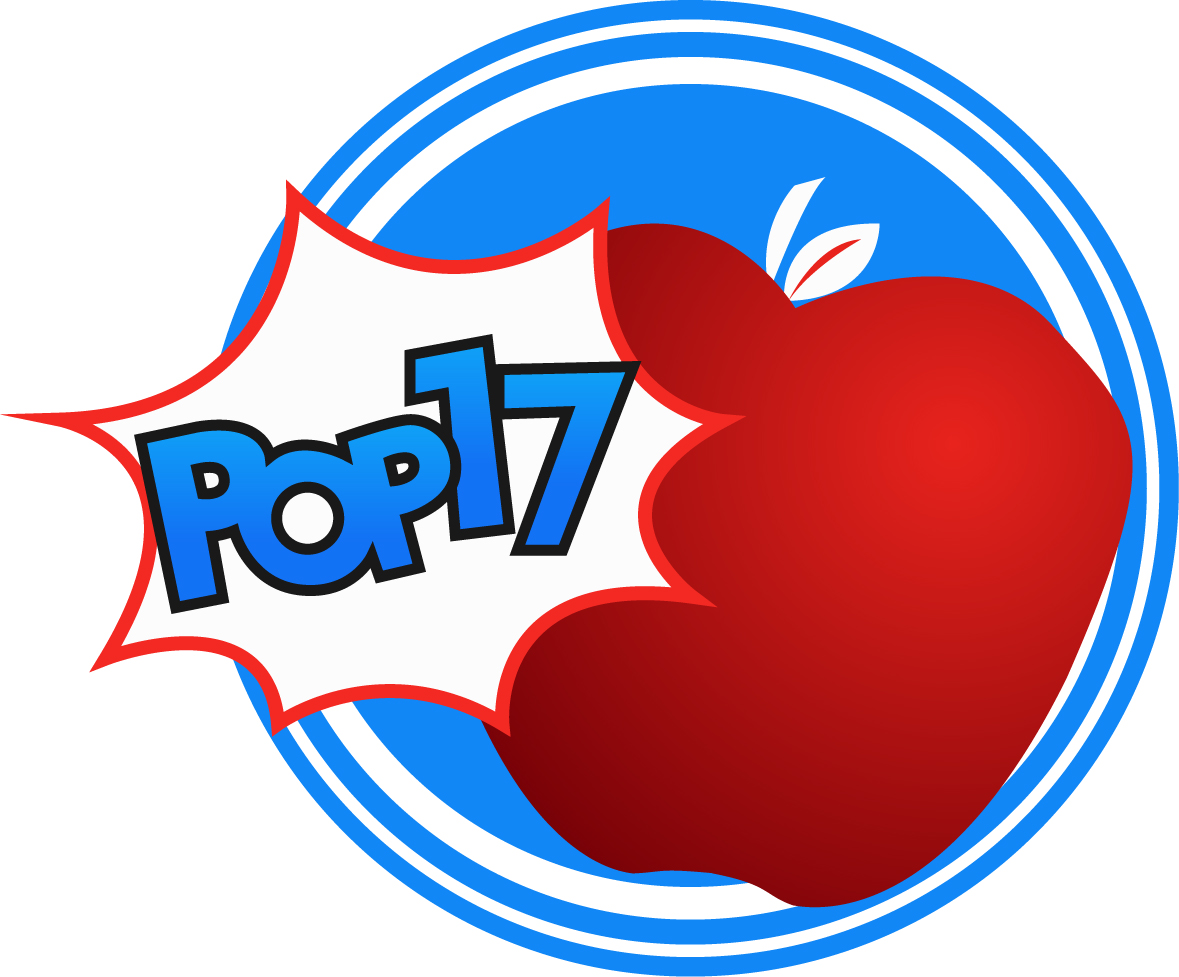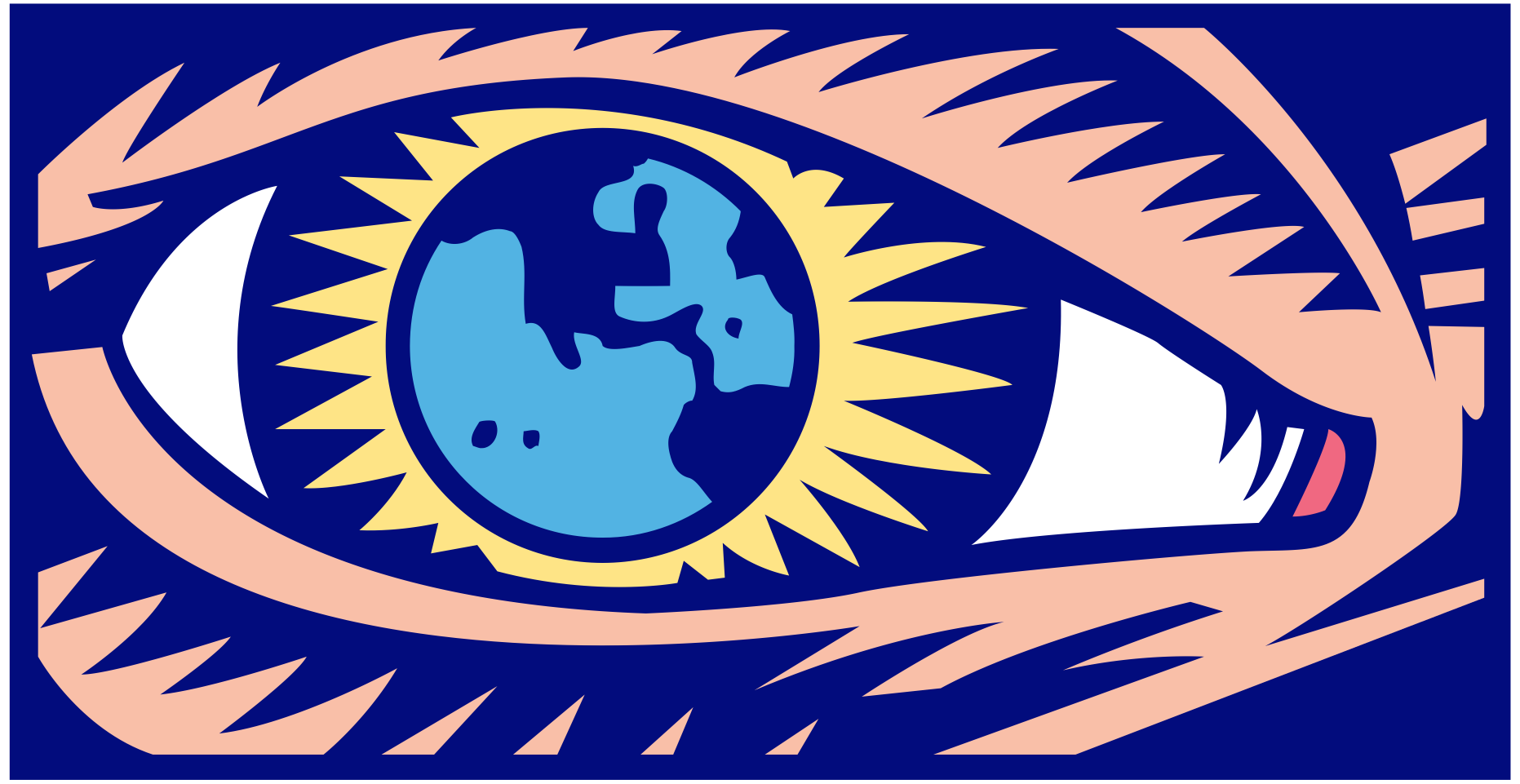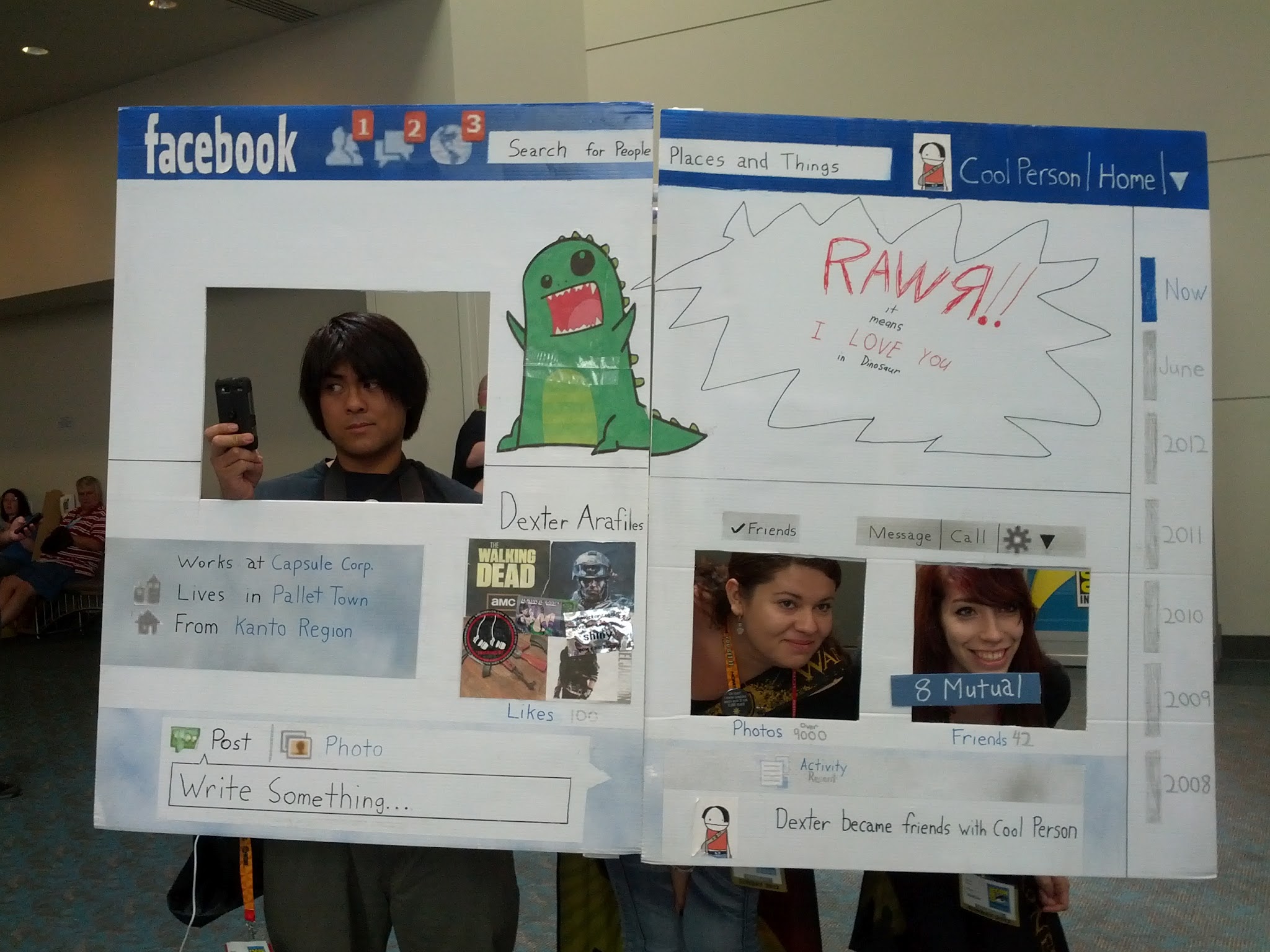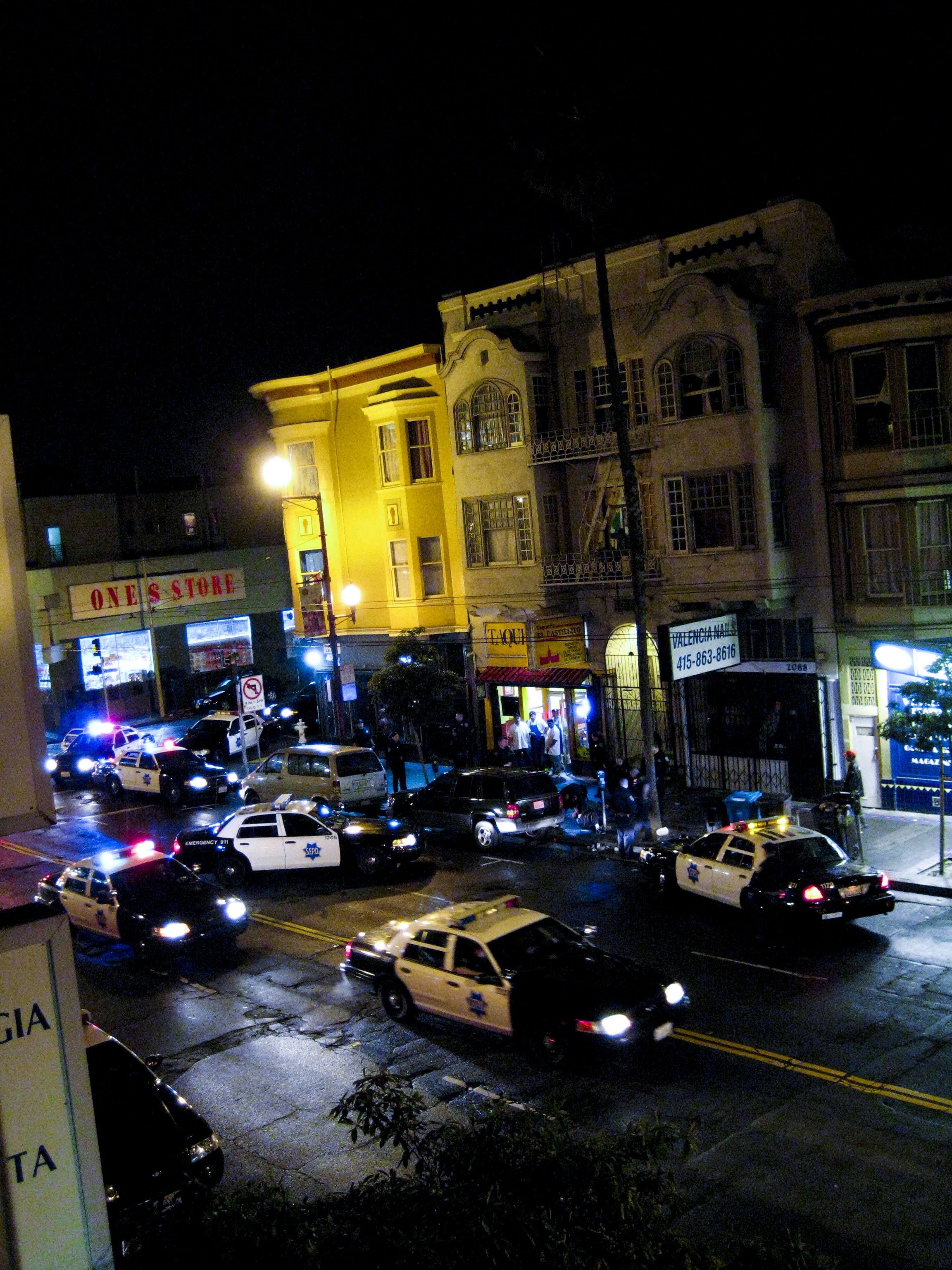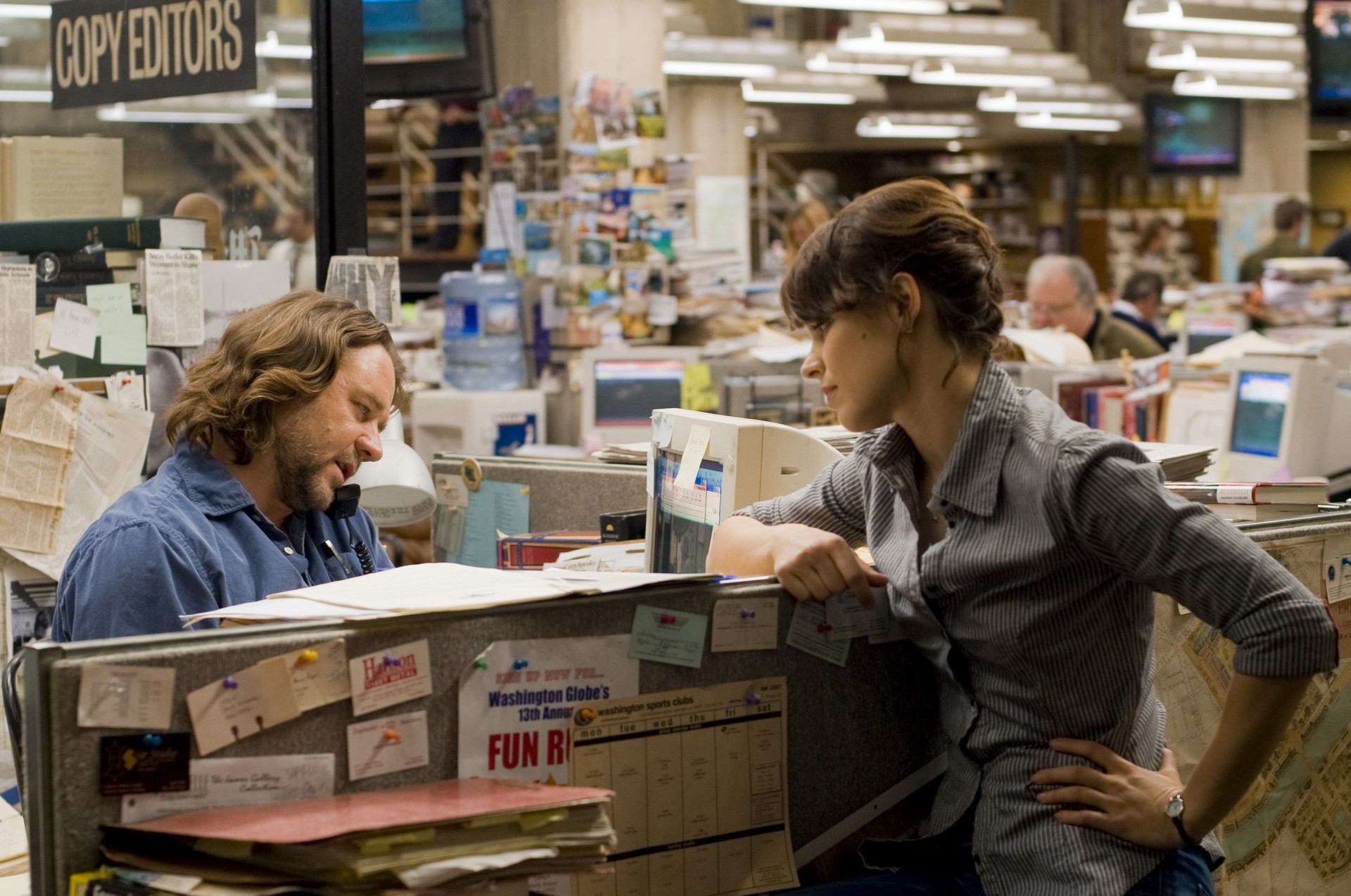On Friday, I wrote a review of “The Social Network“. Harvard law professor Lawrence Lessig did one better for The New Republic: “Sorkin vs. Zuckerberg—‘The Social Network’ is wonderful entertainment, but its message is actually kind of evil“. Lawrence is insightful as always, although he expects too much of the film’s writer and director. Nevertheless, he makes spot-on observations about what Facebook represents for future entrepreneurs like co-founder Mark Zuckerberg. The film is seemingly a morality tale about moral ambiguity. What’s lost is Zuckerberg’s ingenuity and the network that allowed it to flourish.


